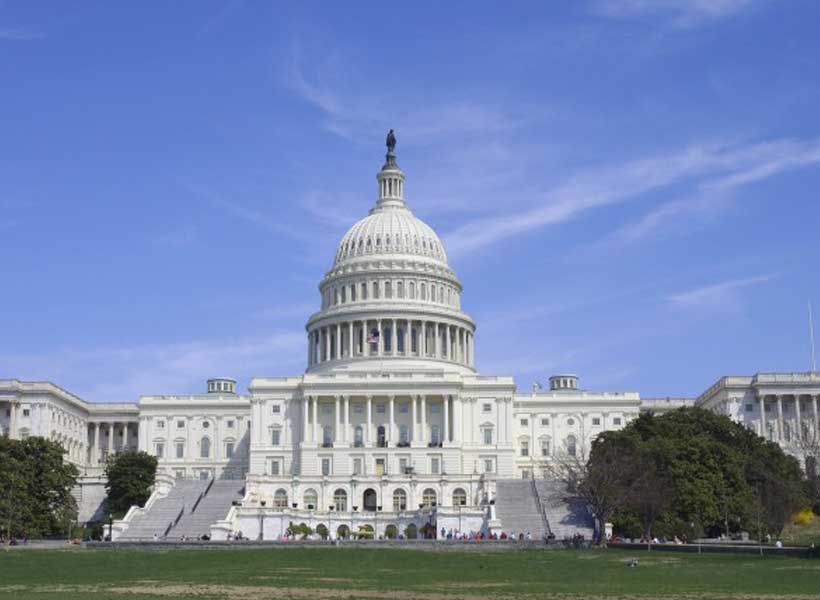The 2018 mid–term elections, since Donald Trump won the November 2016 election against Hillary Clinton, is a significant test for the incumbent administration. Make no mistake, while Mr. Trump’s political and policy rhetoric has not ingratiated him with a majority of the American electorate, the battle for the House, Senate, and state governor’s races will not be a cake walk for either Democrats or Republicans when voters decide that first Tuesday in November. With the 2020 Presidential elections on the horizon, too, the chances for one group to take a popular lead will be hard to predict given the missteps this president and the two parties have incurred. Yet voters can assess the elections by exploring certain factors that help influence their decision making.
It is too early to tell the outcome of the November mid-terms. Though according to the latest polling figures regarding job approval ratings, nearly 63% of Americans disapprove of the President’s job performance, meaning it can influence the respective party vote. This rating has much to do with Mr. Trump’s fashion of presidential leadership. Therefore,US Leadership will be the first of three areasexamined when deciding who wins or who loses in the upcoming elections. Can presidential leadership translate to who wins? Does a person being a president in earnest, that Trump is not, make the argument that leadership is an important influencer and that the image of U.S. leadership, now, is weaker worldwide than it was under Barack Obama and George W. Bush, according to Gallup. As Presidents come and go every four or eight years, they represent American integrity and power throughout their administrations. While past presidents are more discreet in their approaches to allies and adversaries, it should be noted that Mr. Trump’s tact is more public than discretionary. The US President’s approach to his office is reflected by his personality and policies that may, if not already, have negative implications for the US as a global leader.
For instance, voters should ponder Europe’s reactions to what the American President calls “Making America Great Again” and “America First?” This point of view signifies a blatant change in American directionfrom previous administrations. European capitalstoo are public when it comes to highlighting their confidence level in the US; this confidence factor has taken a hit as exemplified with the recent UN vote against moving the US Embassy from Tel Aviv to Jerusalem. There, 128 countries voted “NO” in the resolution condemning the United States. With American diplomacy being devalued, along with his lack of understanding on policy matters, Mr. Trump’s temperament does not bolster the definition of what we are used to regarding presidential or leadership quality.While the US still remains a power both financially and militarily, Trump’s decisions and actions have hurt the country dropping it to 8th place on U.S. News and World Report’s annual “Best Countries” list. Due to President Trump’s unpopularity and countries viewing the U.S. as less trustworthy and more politically unstable, the argument that we can overcome these anomalies is now being challenged by the likes of China, while placing the country behind Sweden and Australia, to name a few.Though a portion of the Republican base will vote Republican come “hell or high water”, all the problems emanating from the President’s office should influence most voters in deciding whether the party of Trump is worth the bother.
It is believed that the problems America faces is about attitude rather than instant action and Donald Trump prefers to tell world than work behind the scenes, or at least that’s what it seems like. What is worrisome are our allies’ thoughts that the President lacks a sense of history, political and global understanding of US policies impact on many countries…certainly not a good start to developing close ties with Asian and European allies.
In the end the outcome to how America will change under this president will be tested via the ballot box wherepresidential leadership will be questioned. The need to deal with trade, terror, and international relationships in the wake of President Trump’s approach dealing with people can possibly hinder both domestic and international agendas. With Russian meddling at the top of the controversy list, with China’s becoming more engaged in trade, foreign policy and the like, and with European leaders looking to maneuver out from the American umbrella that President Trump advocated, there seems to be a change in direction that in the long-term hurts the country’s respect and image and leadership capacities. The mid-terms will either signify a pleasure or displeasure of the Trump agenda and administration’s prestige that only Mr. Trump can rectify which possibly equates to a win for the Republican majority in both House and Senate this November.


